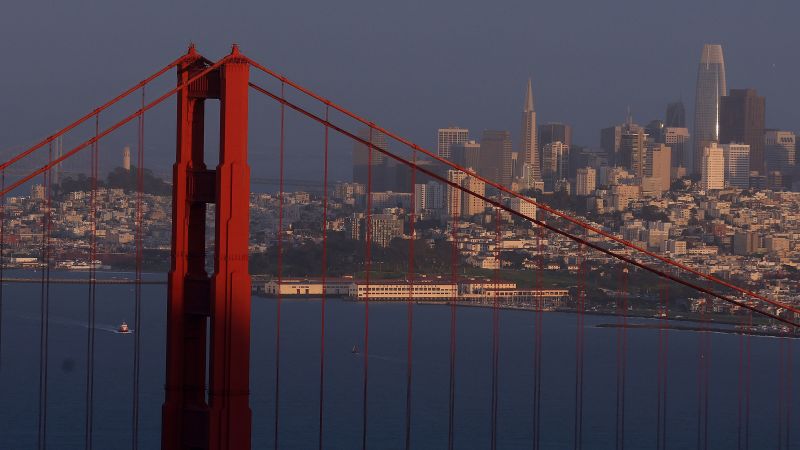The Supreme Court is set to hear an important environmental appeal from the City of San Francisco, which has raised concerns among some city leaders due to the potential implications. The case involves sewage discharges into the Pacific Ocean, putting a city known for its liberal politics in an unlikely alliance with oil and gas industries. The court’s conservative majority may use this case to weaken clean water regulations nationally, which has raised alarm among environmental advocates.
The San Francisco board of supervisors recently voted to urge city officials to resolve the suit quickly, warning that a ruling in the city’s favor could harm water quality nationwide. Some are nervous about taking an environmental case to the conservative high court, fearing the potential repercussions on a broader scale. The court’s history of ruling against the EPA and limiting federal agencies’ power adds to the uncertainty surrounding the case.
The dispute stems from San Francisco’s sewer system’s inability to fully treat wastewater after heavy storms, leading to the pumping of barely treated sewage into the ocean. The EPA set limits under the Clean Water Act, but in 2019, additional requirements were put in place, including a vague provision about not contributing to violations of water quality standards. City officials argue that this standard is unclear and could put them at risk for overall water quality issues.
San Francisco’s city attorney has rejected requests to settle the litigation, as fully addressing sewer overflows would come at a high cost to ratepayers. Wastewater agencies across the nation are supporting San Francisco, as a win could prevent them from becoming legally responsible for water quality. However, environmentalists and legal experts express concerns that the case could undermine the EPA’s ability to regulate a broader range of polluters, posing risks to environmental protection efforts.
The case arrives at the Supreme Court amid a series of significant rulings limiting EPA authority and federal agency power. The court’s conservative bloc has made decisions impacting environmental regulations, and the San Francisco case adds to the concerns about undermining current enforcement mechanisms. The Biden administration argues that the Clean Water Act gives EPA broad authority to impose requirements on polluters beyond specific discharge limits, a stance that has implications for future environmental protection measures.
Environmentalists fear that a narrow reading of the Clean Water Act could have negative consequences, with one advocate describing the city’s approach as “risky.” The uncertainty surrounding the case has led to debates about the potential outcomes and the broader implications for environmental policy. The case highlights the complex interplay between legal interpretations, regulatory authority, and environmental protection efforts, with stakeholders closely watching the Supreme Court’s decision.













